Rohde & Schwarz CMU300 Universal Mobile and Radio Network Tester up to 2.7 GHz
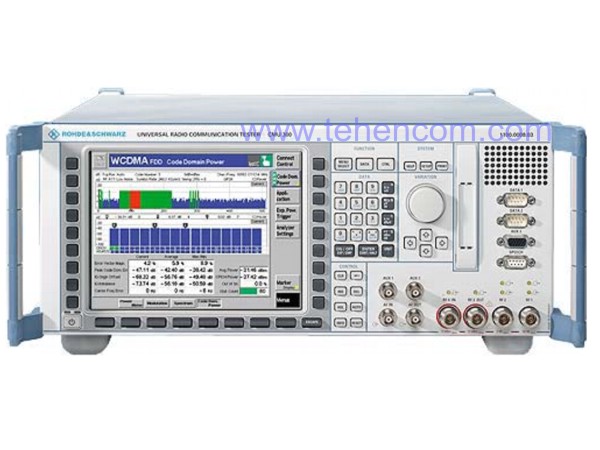
Product code: 1000852
Add item to cart. Our specialist will coordinate with you the complete set, tell you the price and delivery time.
Price on request
MAIN CHARACTERISTICS
The Rohde & Schwarz CMU300 Universal Radio Communication Tester is a new, relatively inexpensive generation of compact RF testers for base stations.
Main features:
- Extremely fast testing speed
- High measurement accuracy
- Modular design
- Multifunctional spectrum analyzer and signal generator
- Upgradable to 3rd generation technologies
Supported standards:
- GSM
- GPRS
- EGPRS
- Planned: 3GPP FDD
Application:
- Microwave test of GSM / EDGE base stations controlled by manufacturer's interface
- Microwave test of GSM / EDGE base stations controlled locally by line interface (E1/T1; Abis) with BSC simulator
- Microwave test of GSM / EDGE base stations performed in real network (managed via E1/T1 line interface; Abis) using BSC
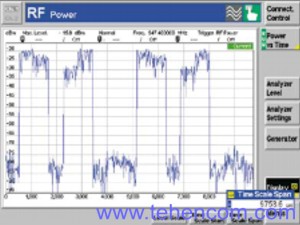
|
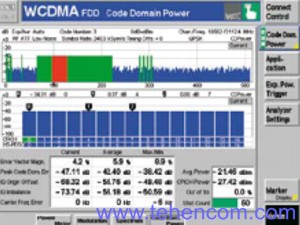
|
Functionality. Basic module
The basis of the radio communication tester CMU 300 is a universal base module, which has unique capabilities for equipment of this class.
RF switching between main output and front panel to simplify connection to the RF interface of the unit under test:
- RF1: In. / Output for connecting high power base stations
- RF2: In. / Output for connecting base stations of medium and low power
- RF3 OUT: Powerful output RF4 IN: Sensitive input
RF analyzer 100 kHz - 2.7 GHz:
- selective power meter
- spectrum analyzer including selectable resolution bandwidth and advanced triggering and synchronization functions (10 MHz - 2.7 GHz)
- time domain measurements (zero bandwidth mode)
RF generator 100 kHz - 2.7 GHz:
- signal generation: Continuous / SSB / AM
Additional features:
- IEEE
interface - RS-232-C interface
- 2 PCMCIA slots
- reference frequency input and output on the rear panel
- new, improved operating concept based on a high-resolution color LCD monitor
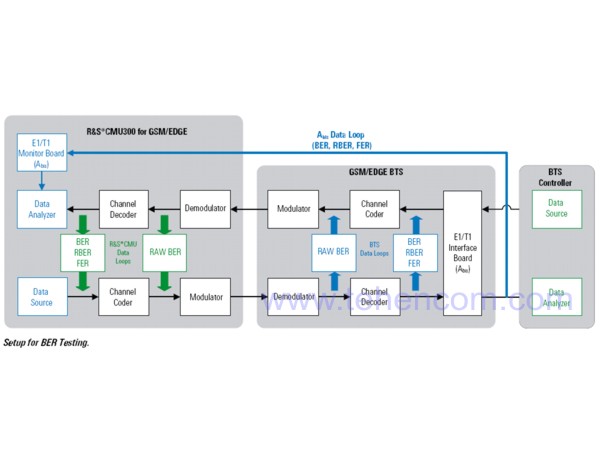
Test Modes
Physical Mode
This mode is especially useful for testing RF boards and modules operating without signals or in the mode of low signal activity. Measurements start completely independent of external triggering signals or signal information. When an RF signal appears at the input of the tester, the tester immediately starts sampling it. When the relevant RF parameters have been calculated and displayed, the instrument is ready for the next measurement. All measurements of transmission modes specific to GSM / EDGE are available on signals with the appropriate modulation scheme and midamble. In addition, the CMU300 is capable of generating GSM/EDGE-specific midamble and modulation signals over the entire frequency range from 10 MHz to 2.7 GHz. Moreover, the analyzer and generator functions work independently, i.e.,
Signal mode
The signal mode is intended for testing modules or base stations that support a certain level of signal measurements. In this mode, the tester works synchronously with the base station, i.e., it is synchronized with the frame structure, which is very important when measuring the bit error rate of the receiver. All transmitter parameters can be tested separately for each time slot. This feature is required for testing base stations that support both GSM and EDGE. The ability to encode/decode channels in real time forms the basis of synchronized measurements.
The instrument can synchronize with the base station in the following ways:
1. If the base station has a multiframe clock output, it can be used to trigger the CMU300. In this case, the presence of an additional launch line should be taken into account. Bit error rate measurements and EDGE transmission tests require triggering on 26 multiframes.
2. If an RF-only connection is used, the tester can synchronize to the base station's C0 carrier, just as a mobile phone does. This simplifies testing. However, before measuring the traffic channel in use, the CCH carrier must be activated at the base station, including system information and FCCH / SCH channels 1 to 4. After successful synchronization with the TCH, a permanent resynchronization occurs on the SACCH.
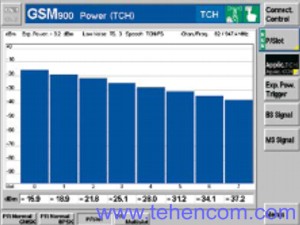
|
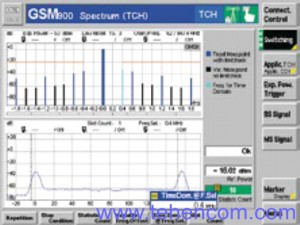
|
Transfer Tests
GMSK transmission tests
Power measurements:
- burst power (average / peak)
- power versus time (power curve slope)
Modulation analysis:
- phase error (peak/rms)
- frequency error
Spectrum measurements:
- spectrum generated by modulation
- spectrum at the moment of switching
Additional features in signaling mode:
- measurement of power versus slot
- measurements in a specific slot
- analysis of CCH information (frame timing; network data)
- analysis of SACCH information (required power; required timing)
8PSK transmission tests
Power measurements:
- burst power (average / peak)
- power versus time (power curve slope)
Modulation Analysis:
- EVM = Error Vector Value (Peak/RMS)
- Amplitude Error (Peak/RMS)
- Phase Error (Peak/RMS)
- Initial Offset
- IQ Unbalance
- Frequency Error
- 95th Percentile
Spectrum measurements:
- spectrum generated by modulation
- spectrum at the moment of switching
Additional features in signaling mode:
- measurements in a specific slot
- analysis of CCH information (frame timing; network data)
- analysis of SACCH information (required power; required timing)
Acceptance Tests
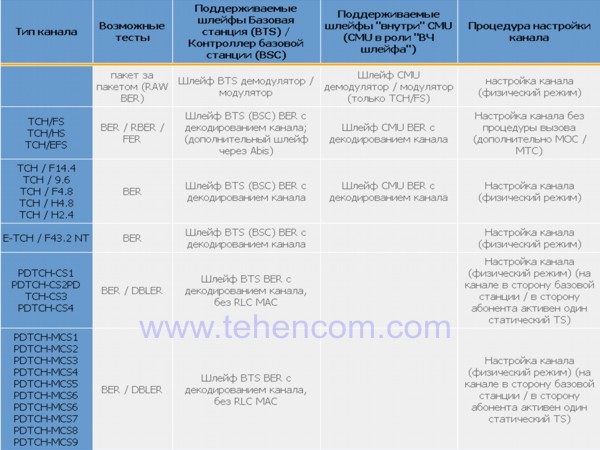
Basic options (additions) for the Rohde & Schwarz CMU300 radio communication tester
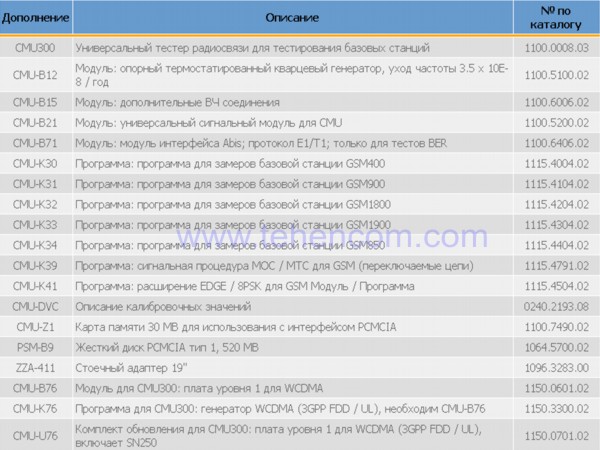
Warranty:
1 year. It is possible to extend the warranty period up to 3 years.